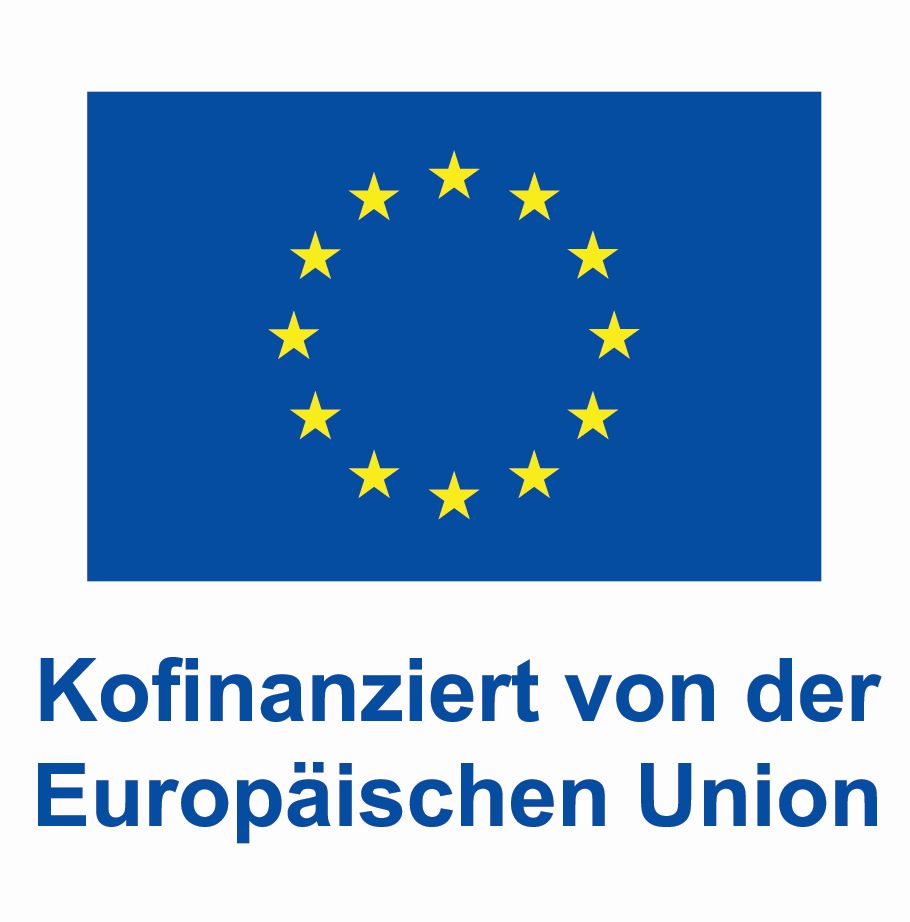Projekte

EU-/Internationale Projekte
Auf der internationalen Ebene beteiligen wir uns aktiv als Koordinator oder Partner an Europäischen Projekten im Rahmen verschiedener EU-Förderprogramme.
In diesen Vorhaben geht es wesentlich um die Entwicklung und Erprobung innovativer Produkte, aber auch um den grenzüberschreitenden Erfahrungsaustausch und Know-How-Transfer sowie die Vernetzung von Aktivitäten und Institutionen. Das breite Themenspektrum umfasst die Bereiche Bildung, Beschäftigung, Soziales, Gesundheit, Kultur, Integration, Regionalentwicklung, Justiz, Forschung & Entwicklung sowie Umwelt & Energie.
-
EU-/Internationale Projekte
Stop Lies About Climate Change
In recent years, significant progress has been made in understanding climate change, its causes and consequences, but there is also a huge flow of misinformation designed to confuse the public and generate doubt about the existence of climate change. Media and social media became the vehicle of the main fake news. The majority of youngsters are becoming more aware of the climate crises and consider the fight against climate chance a crucial task to address. They will be equipped with the knowledge and skills to counter climate myths with scientific facts. This enables them to spread truthful information and attitudes about our climate among older people.
-
EU-/Internationale Projekte
StoryLiving
The pandemic of COVID-19 has a significant impact on the mental health of the European population. Social restrictions, a sense of uncertainty for the future and the spread of terrifying news have affected youth, increasing their level of anxiety, stress and depression. In particular, youth living with Autistic Spectrum Disorder (ASD) and other mental health disorders experienced a greater increase of anxiety because of an abrupt change in their daily routine, the difficulty of access to therapy and special education services. In most cases, parents have become their only caregivers.
-
EU-/Internationale Projekte
DALFYS - DAta Literacy competences For Young students towards STEAM education
We live in a tech-driven world where school plays a strategic role in preparing the younger generation to the new digital and technological society. From the schoolteachers’ point of view there are two main challenges to face: to spread relevant digital competences among learners and teachers and, to transform learning and teaching approaches in order to include data literacy competences in school curricula.
-
EU-/Internationale Projekte
Images
The IMAGES (I Manage and Empower My Skills) project aims to support managers of third sector not-for-profit organisations to identify their skills and further development needs, and provide them with opportunities to develop their competences in a way that is useful to their organisation, as well as create opportunities to transfer their competences from one EU Member State to another.

Von der Europäischen Union finanziert. Die geäußerten Ansichten und Meinungen entsprechen jedoch ausschließlich denen des Autors bzw. der Autoren und spiegeln nicht zwingend die der Europäischen Union oder der Europäischen Exekutivagentur für Bildung und Kultur (EACEA) wider. Weder die Europäische Union noch die EACEA können dafür verantwortlich gemacht werden.

